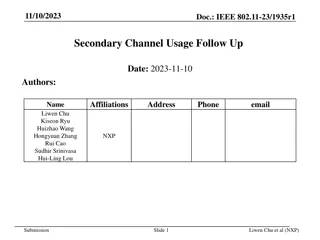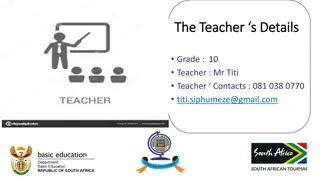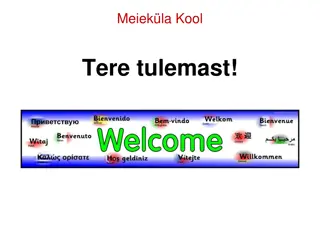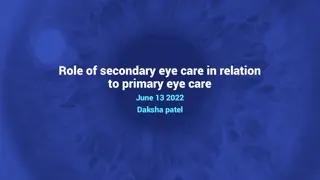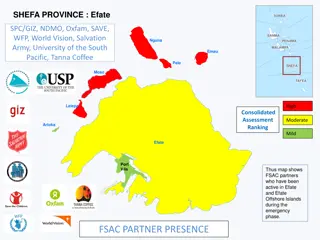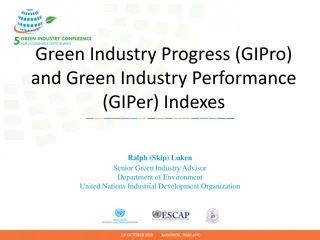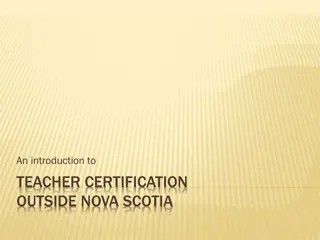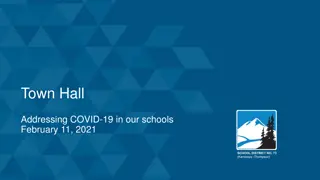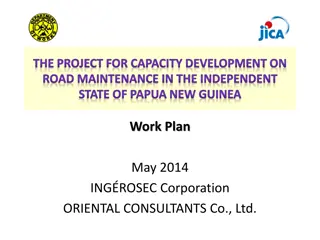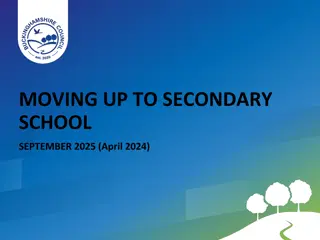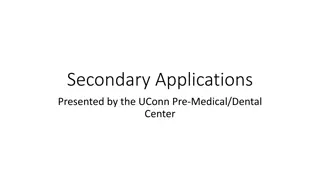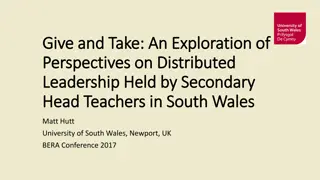Effectiveness of Secondary Schools in Provinces of Tshopo and Ituri
This project assesses the effectiveness of secondary schools in the provinces of Tshopo and Ituri in the Democratic Republic of the Congo. It highlights challenges, successes, lessons learned, and the potential impact and sustainability of the initiative.
Download Presentation

Please find below an Image/Link to download the presentation.
The content on the website is provided AS IS for your information and personal use only. It may not be sold, licensed, or shared on other websites without obtaining consent from the author.If you encounter any issues during the download, it is possible that the publisher has removed the file from their server.
You are allowed to download the files provided on this website for personal or commercial use, subject to the condition that they are used lawfully. All files are the property of their respective owners.
The content on the website is provided AS IS for your information and personal use only. It may not be sold, licensed, or shared on other websites without obtaining consent from the author.
E N D
Presentation Transcript
Title Title : : Effectiveness of Secondary Schools in the Provinces of Effectiveness of Secondary Schools in the Provinces of Tshopo Tshopo and and Ituri Ituri in the Democratic Republic of the Congo in the Democratic Republic of the Congo Type: South Initiative Background : - Continuation of a TEAM project (2014 to 2018: 49 primary schools and 33 secondary schools in Bunia and Kisangani) - Project start: January 2019 - April 2019: Data collection on 10th grade from 67 secondary schools in 2 cities (Kisangani & Bunia) and 4 rural centres (Bafwasende, Banalia, Mambasa and Mahagi) - September 2019: Data collection on 11th grade
Challenges/ Challenges/difficulties difficulties/ /weaknesses weaknesses Difficult accessibility of rural schools Weak collaboration of some principals and some teachers Lack of surveys by rural school stakeholders (students, teachers and school principals) Working with a sample of schools and not with all schools reduces the possibility of following all students initially selected Poor feedback of research results to schools
S Successes/strengths uccesses/strengths Addressing one of the major challenges of the DRC's education system (Educational Effectiveness) Collaboration between education practitioners and UNIKIS researchers Coaching of UNIKIS researchers by those of KU Leuven Consultation of UNIKIS researchers by stakeholders in the education system (provincial government, central government, school authorities ) on issues of educational effectiveness Consultation of UNIKIS researchers by researchers from other Congolese universities on educational effectiveness research
L Lessons learned essons learned The success of this project will depend to a large extent on the involvement of stakeholders at all steps Impact Impact : Capacity building of UNIKIS researchers Impact Impact : Strengthening collaboration between practitioners and researchers Sustainability Sustainability: Based on the database created through this project, it will be possible to organize symposia, conferences and outreach workshops on the factors that could improve the effectiveness of Congolese schools (if we find the necessary research funds) Sustainability Sustainability : Thanks to the strengthening of the skills of its researchers, UNIKIS will be increasingly solicited by the actors of the DRC's education system
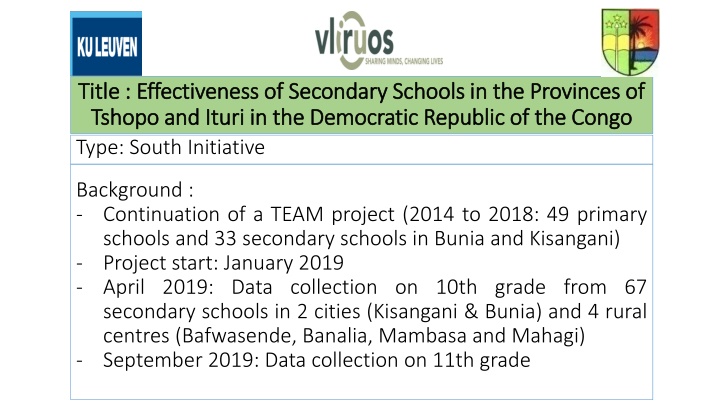

![Read⚡ebook✔[PDF] Blood of the Provinces: The Roman Auxila and the Making of Pro](/thumb/20539/read-ebook-pdf-blood-of-the-provinces-the-roman-auxila-and-the-making-of-pro.jpg)

